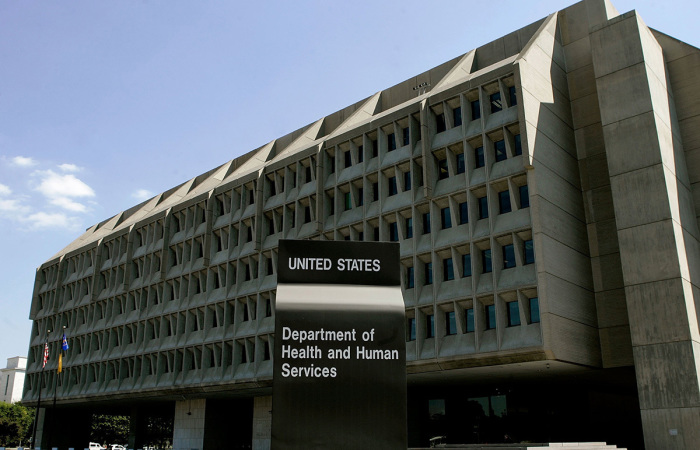Judge blocks Biden admin. rule requiring gov't funding for sex-change surgeries

A federal judge in Texas has issued a nationwide block on a U.S. Department of Health and Human Services rule that critics say would, among other things, interpret the Affordable Care Act to include protections for gender identity and mandate Medicaid funding for cosmetic sex-change surgeries.
U.S. District Judge Jeremy D. Kernodle, a Trump appointee, issued a nationwide injunction last Friday, blocking the HHS final rule on antidiscrimination policies regarding gender identity. His ruling expands an earlier decision blocking enforcement of the policy on hospitals in Montana and Texas.
"Here, federal agencies are attempting to impose a sweeping new social policy by manipulating and perverting the statutory text that constrains them," wrote Kernodle.
"Nothing in these statutes authorizes HHS — or any federal official — to require healthcare providers to perform novel [gender-related] procedures or force States to subsidize them."
Kernodle's decision is the fifth time a court has blocked final rules from the Biden administration defining sex discrimination to include discrimination based on gender identity, according to the Christian conservative legal group Liberty Counsel.
"Federal law does not force doctors to perform harmful or experimental procedures, nor does it require taxpayers to pay for them," stated Liberty Counsel Founder and Chairman Mat Staver on Wednesday.
"These rules are detached from biological reality and represent an unlawful and extreme agenda. The increasing number of injunctions show that forcing gender ideology into law lacks merit."
In May, HHS issued a final rule scheduled to take effect on July 5 regarding Section 1557 of the Affordable Care Act, which prohibits discrimination based on color, national origin, race, age, disability and sex.
The final rule, which defined "sex" to include gender identity and sexual orientation, was championed by the administration as improving antidiscrimination policies in healthcare access.
Critics argued that the rule would force federally funded health centers and insurers to provide or cover puberty-blocking drugs, cross-sex hormones or body-mutilating cosmetic surgeries, even in the two nearly dozen states that have banned such interventions for minors.
HHS Secretary Xavier Becerra said in a statement released in April that the measure was "a giant step forward for this country toward a more equitable and inclusive health care system."
"Americans across the country now have a clear way to act on their rights against discrimination when they go to the doctor, talk with their health plan, or engage with health programs run by HHS," stated Becerra.
"I am very proud that our Office for Civil Rights is standing up against discrimination, no matter who you are, who you love, your faith or where you live. Once again, we are reminding Americans we have your back."
In July, U.S. District Judge Louis Guirola of the Southern District of Mississippi issued a preliminary injunction in favor of 15 states suing the federal government over the final rule.
Guirola wrote the Biden administration incorrectly relied on the United States Supreme Court's 2020 ruling in Bostock v. Clayton County, which dealt with employment discrimination, to justify its healthcare rules.
"Analysis of the language and provisions of Title IX, as well as its regulations, provides even more support for finding that the Bostock holding does not apply to Title IX and Section 1557 [of the Affordable Care Act]," said the judge.





























